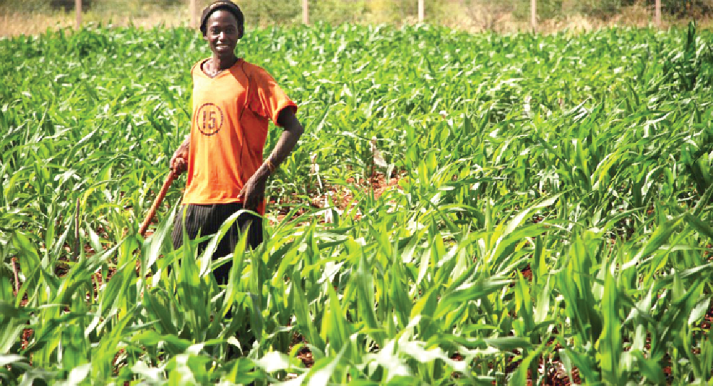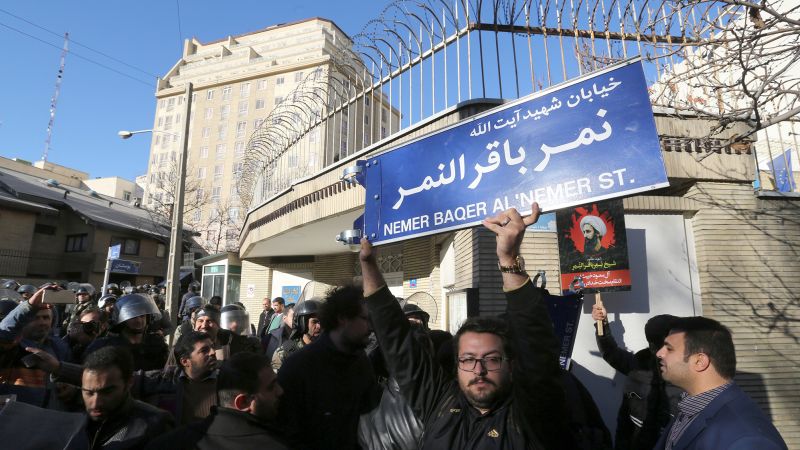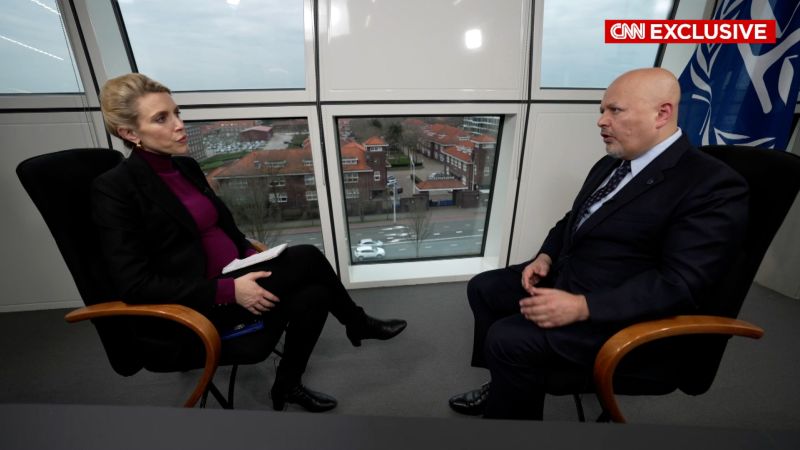A child bride faces execution in Iran for the killing of her abusive husband unless she can raise 10bn tomans (about £80,000) to pay off the victim’s family by a December deadline.
Goli Kouhkan, 25, has been on death row in Gorgan central prison in northern Iran for the past seven years. She was 18 when she was arrested over the death of her husband in May 2018, and sentenced to qisas – retribution-in-kind – for participation in the killing.
Human rights activists say the case is emblematic of the discriminatory treatment of women and minorities in Iran, where child marriage is legal and there are limited legal protections against domestic violence.
Mahmood Amiry-Moghaddam, from Iran Human Rights (IHR), based in Norway, condemned Iran’s death penalty. Currently the number of state authorised executions is on the rise.
“Kouhkan belongs to an ethnic minority, she’s a woman and she is poor. She is probably the absolute weakest in Iranian society,” he said. “Her sentence is symbolic of Iranian authorities’ use of the death penalty to create fear, and the discriminatory laws and societal factors that have led to this situation.”
Kouhkan is Baluch, one of the country’s most marginalised communities, which makes up about 2% of the population. As an undocumented minority, she has no official identity documents. She married her cousin at 12, became pregnant when she was 13 and gave birth to a boy.
According to IHR, Kouhkan suffered physical and emotional abuse for years. When she managed to escape once and ran to her parents’ home, her father told her: “I gave my daughter away in a white dress, the only way you can return [is wrapped in a shroud].”
On the day her husband was killed, Kouhkan found him beating her son, then aged five. She called a cousin for help. When he arrived a fight broke out which resulted in the death of her husband. Kouhkan called an ambulance and told the authorities what had happened. Both she and her cousin were arrested.
During interrogation, without a lawyer present and under pressure, Kouhkan signed a confession, even though she is illiterate. She was later appointed a lawyer by the court.
Although a sentence of death by hanging was handed down to Kouhkan by the judges, under Iranian law, a victim’s family can pardon her in return for blood money – compensation payable in cases of murder or bodily harm. Prison officials have negotiated a deal with the victim’s family: they will spare Kouhkan’s life and free her on the conditions that she pays 10bn tomans and leaves the city of Gorgan. She is unlikely to be allowed contact with her son, now 11, who is being raised by his paternal grandparents.
Ziba Baktyari, a member of Brashm, an organisation that advocates for the rights of women from Balochistan, said this was not an isolated case. “Kouhkan is not one single case,” she said. “Baluch women, and women generally, are targeted by the regime. No one knows about them, no one cares about them and their voices are not heard. Women don’t have rights, they have to obey their husbands and are kept away from school. Families marry off girls because of poverty; they cannot provide for them.”
Iran executes the highest number of women globally, according to available data. In 2024, at least 31 women were executed for drug-related, murder and security-related offences in Iran, the highest number of recorded executions of women in more than 15 years. At least 30 women have been executed in 2025 so far.
In 2024, at least 419 people, including a juvenile offender and 19 women, were executed for murder charges, the highest number of executions since 2010, according to IHR. Only 12% of the recorded executions were announced by official sources. In 2024, there were 649 cases of families choosing diya, or forgiveness, instead of execution.
Kouhkan’s case comes after that of Samira Sabzian Fard, who, in December 2023, was sentenced to death by a Tehran court under the principle of qisas in relation to the murder of the man she was forced to marry when she was 15.
Fatemeh Salbehi was arrested for the murder of her much older husband in 2008, aged 17. She was interrogated without the presence of a lawyer. After first confessing to murder, she later stated that the killers were two men who broke into the family home.
In 2012, Zeinab Sekaanvand was 17 when she was arrested for the murder of her husband, who she married at 15. During interrogation she confessed to stabbing her husband after he had subjected her to months of physical and verbal abuse. She later retracted this and told the judge that her brother-in-law, who she said had raped her several times, had committed the murder.
In all three cases, the women were executed.









 English (US)
English (US)